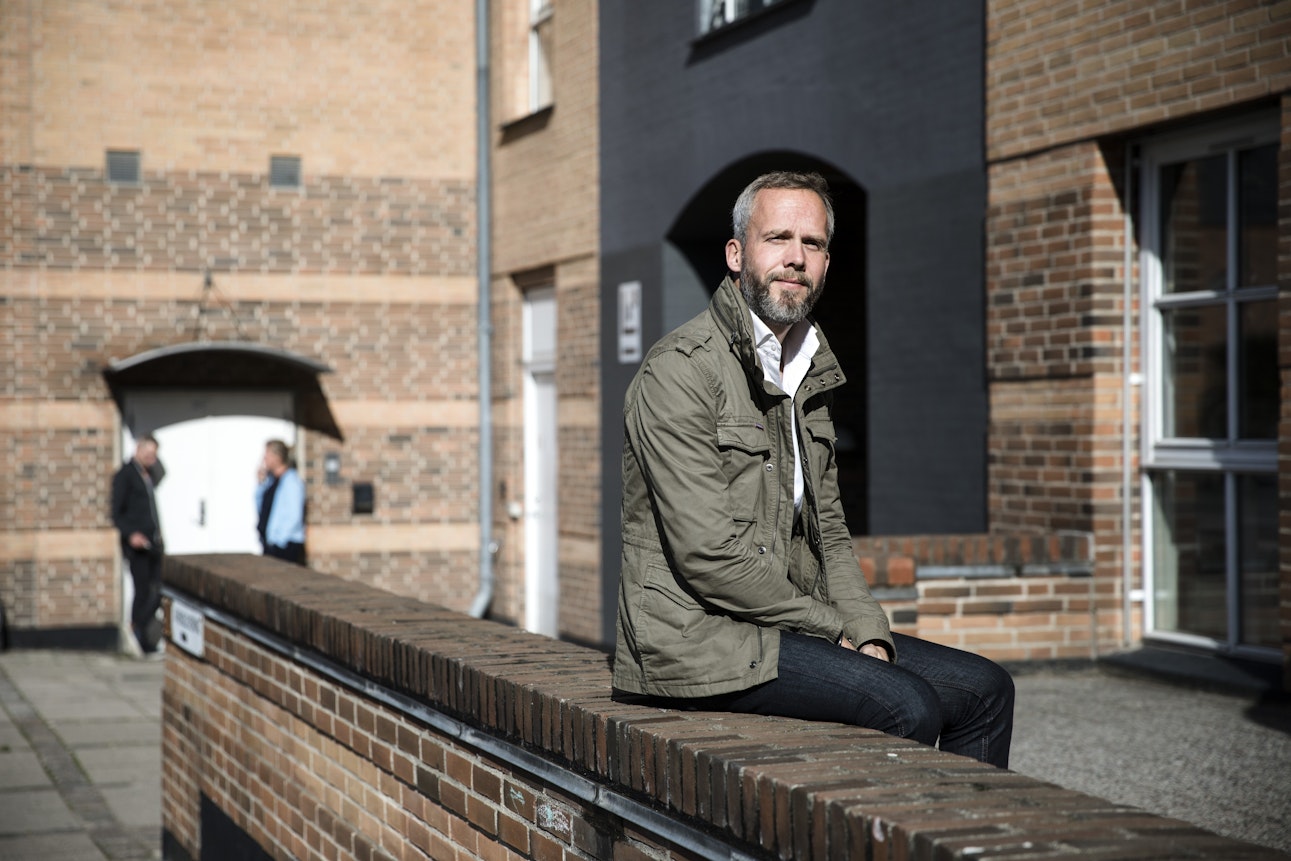Danish FinTechs join up to find solutions for crisis-hit businesses
A group of Danish FinTech companies is now offering solutions to ease the flow of money through the corona crisis. The Copenhagen Fintech hub has started gathering a catalogue of options for small and medium-sized businesses.

COVID-19 outbreak
The corona crisis is no longer just about the virus, the spread of contagion or the number of hospital ventilators. All across the Western world, small and medium-sized companies are also gasping for air: Their customers have gone, their shops are closed, but the costs remain.
But some of the problems now plaguing smaller companies can be solved through technology – and there are already solutions available which can be put into action at short notice.
That is the message from Thomas Krogh Jensen, CEO of the Copenhagen FinTech hub which works to support a string of Danish fintech companies.
“This is relevant because we are seeing many of our FinTech companies working on solutions that do provide answers to the acute problems which have emerged in the wake of the corona crisis. These are things such as raising liquidity through crowdfunding. Or solutions to sell digital coupons for buying five haircuts at a salon or 50 cups of coffee in one go,” he says.
Copenhagen FinTech has therefore taken the initiative of gathering a catalogue of options for small and medium-sized companies to help them source technical solutions to their individual problems.
A wealth of options
These are solutions which allow businesses to get some short-term breathing space and prepare themselves for shifting back into gear once the world starts to open up again on the other side of the corona crisis.
Thomas Krogh Jensen points to companies such as Lendino which focuses on crowdlending allowing private individuals to lend money to businesses, or Kameo which also crowdfunds properties. Or Moneyflow which offers immediate settlement of invoices in return for a fee, avoiding the long wait to get paid in order to access liquidity here and now. There is also Crediwire which normally focuses on gathering and sharing financial data on companies, but which has now speed-developed a reporting option that can be used to apply for relief under government emergency packages to support struggling businesses.
These are but a few examples out of many listed in the catalogue which Copenhagen FinTech is now putting into circulation.
Explore: The Copenhagen FinTech list
“Many of these companies are newly established and need help marketing themselves – but many of them are actually specifically targeting crises like the one we find ourselves in now. This is a development which, more generally, will really push a digital acceleration, but it also poses problems for a lot of companies,” he says.
We have seen previously how crises can kickstart new innovations due to the need to think in fresh ways and adapt to a new reality at high speed. What is particular to the corona crisis is that large parts of the world have suddenly started working from home, using a host of new tools to go about our daily lives.
Creative collaborative solutions
There have been examples such as online concerts taking the place of live music, virtual conferences instead of physical meetings – or restaurants shifting to deliver takeaway meals and marketing themselves heavily on social media. All of them are finding solutions to the current need to avoid close human contact by inserting technology into that distance between us.
Despite these innovations, many businesses have come under pressure due to the crisis. These are companies which have found it much harder to reach their customers – but also companies which are seeing investors withdraw one by one.
“This crisis risks killing off a lot of entrepreneurs who hadn’t quite gotten off the ground and have now suddenly hit this massive halt inactivity. The risk is that we’ll end up losing an entire generation of start-ups because they can no longer find enough capital. And no one knows where we’ll be another two weeks down the road. We’re driving through a fog right now,” says Thomas Krogh Jensen.
On the positive side, crises such as the current one can also lead to a paradigm shift, where some businesses die off to allow for new ones to live. This can be a good thing – but it can also be a problem.
“The world will be different after this. The question is just what the new normal will be. But I’m sure that digitalisation will get a boost, much more so than would otherwise have happened.”









